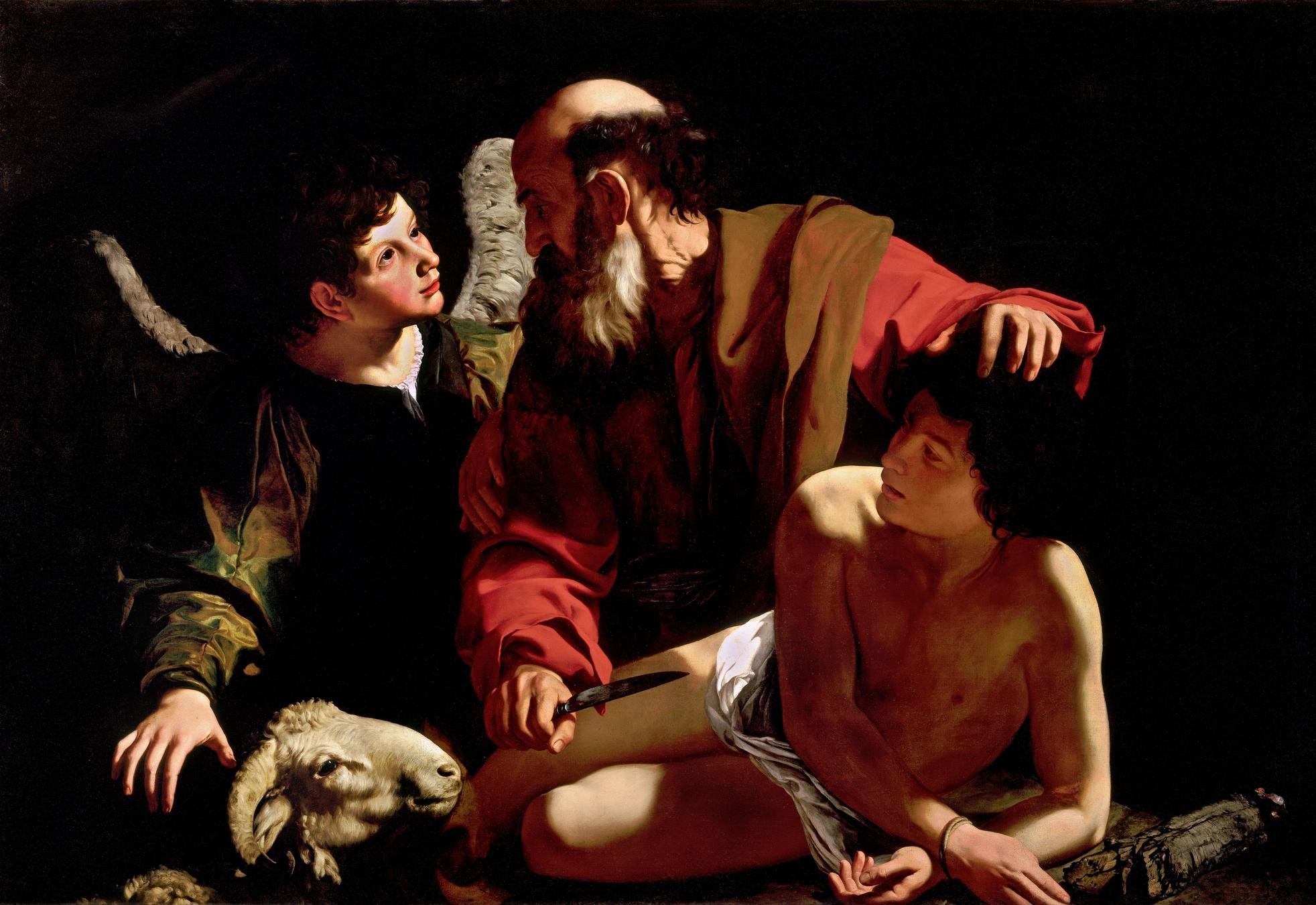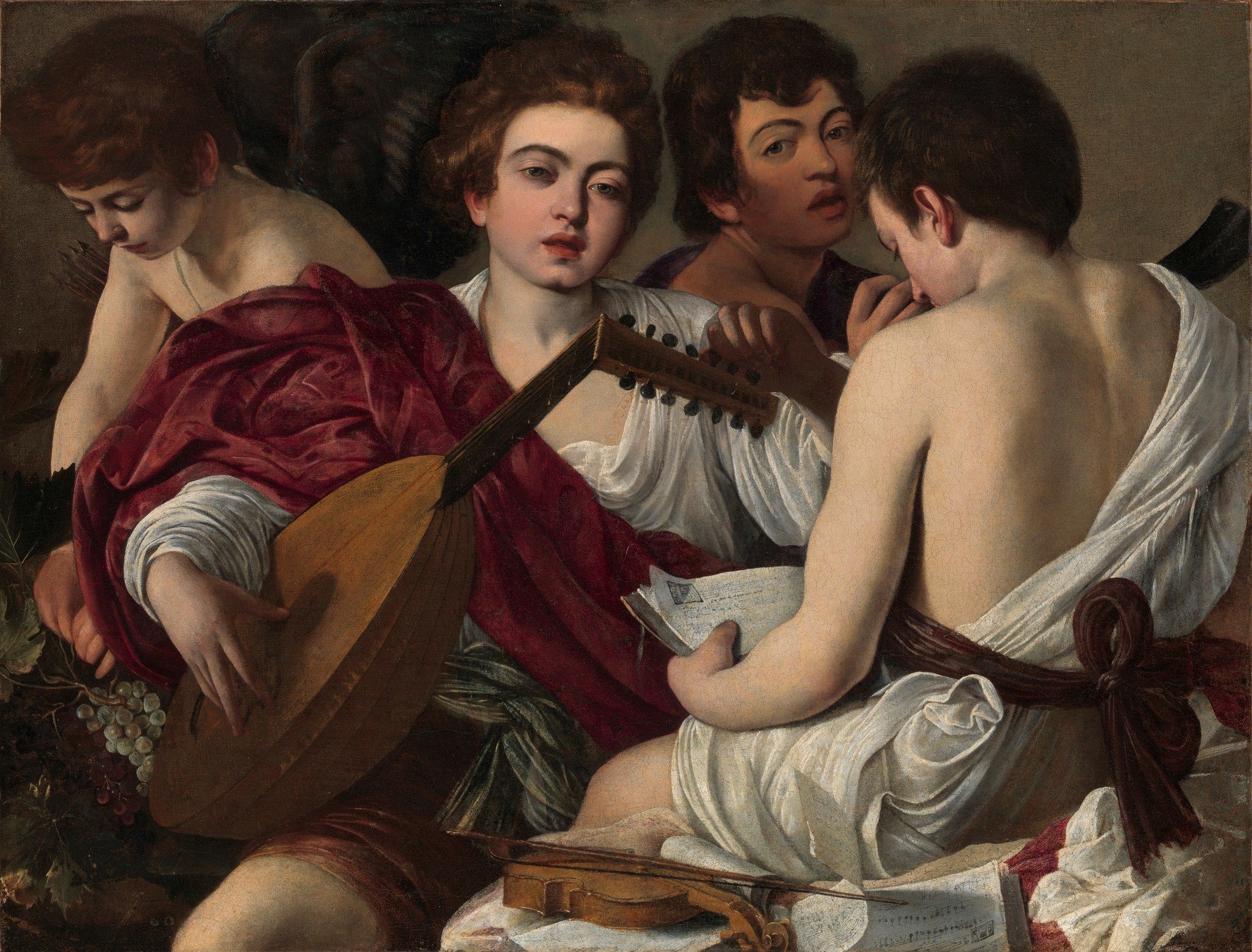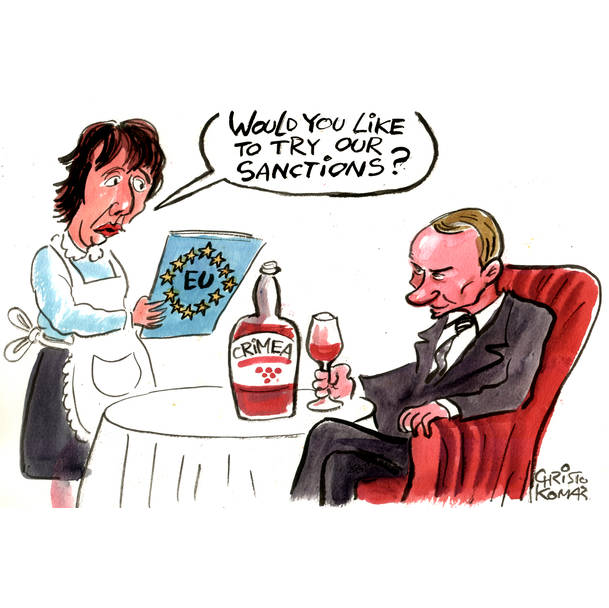Conflict and Punishment in a Liberal Order
The Rise and Success of Economic Sanctions
Liberal order
- Anarchy
- Cooperation
- Liberal instituions
- Constraints and incentives
- "Part of that force that always wills the evil and always produces the good"

Liberal order
- Is it true?
- End of the Cold War
- decline in military conflict
- rise in the number of and membership in IOs
- wave of democratisation
- humanitarian revolution underpinned by social progress


Economic sanctions
- "Rising in thin air"
- Less war not equal to less conflict
- Economic sanctions increased tremendously
- UN over 30 post-Cold War and 2 during Cold War
- China, Australia and the WHO



Economic Sanctions
- War going out of style
- But not conflict in international relations
- I question the premise that liberal institutions bring cooperation and peace
- I set to explain what drives the rise of economic sanctions

Democracy
- No economic peace
- Domestic audience benefit & cost
- More successful threats
- Incentives and constraints likely to accelerate the use of economic sanctions
International organsiations
- Conditions for consensus on multilateral coercion
- two-level game
- reciprocity
- reputation
- Extend economic and diplomatic ties
- more successful threats
Economic sanctions
- Why more sanction?
- incentives and constraints for democratic leaders
- conditions created by IOs
- Democracy and IO may reduce military conflict, but also increase economic coercion
- The liberal premise holds only in the domain of war
Summary
- Exercise of power is rechannelled, not vanishing, as a result of the liberal institutions
- Decline of the liberal order may be, to a part, a product of it
